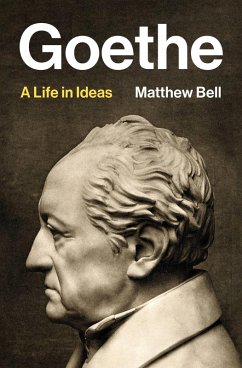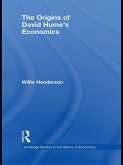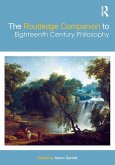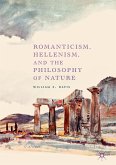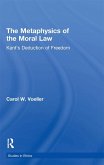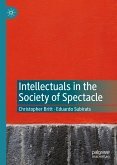A new intellectual biography of Goethe, examining the paradox of his thought Johann Wolfgang von Goethe (1749-1832) was a poet, a novelist, a scientist and an essayist on a dizzying range of topics. In the nineteenth century, he was widely regarded as one of the most important thinkers of modern Europe. In this important and ambitious work, Matthew Bell offers a wide-ranging intellectual biography of Goethe, tracing the evolution of his thought and reassessing its value. Bell examines the full spectrum of Goethe's writing, from his most well-known works, including the dramatic poem Faust and the novels Wilhelm Meister and The Sorrows of Young Werther, to lesser-known essays and reviews. Throughout, Bell draws on Goethe's letters and diaries, most of which are stll only available in German, embedding Goethe's thought in his lived experience and in the cultural and intellectual life of Europe from the 1750s to the 1830s. Bell presents new interpretations of Goethe's work as one of the first evolutionary biologists, describing discoveries that anticipated Darwin's, and of his political ideas, which pervade his literary work in ways that have not been fully recognized. Bell offers an original and illuminating explanation for the paradox of Goethe's thought, exploring how a radical individualist who espoused liberal and innovative ideas in some areas-in particular, religion, sexuality and science-could remain consistently conservative and authoritarian in his political outlook. Rereading Goethe through this new lens, Bell shows, reveals new dimensions of work we thought we knew well.
Dieser Download kann aus rechtlichen Gründen nur mit Rechnungsadresse in A, D ausgeliefert werden.

